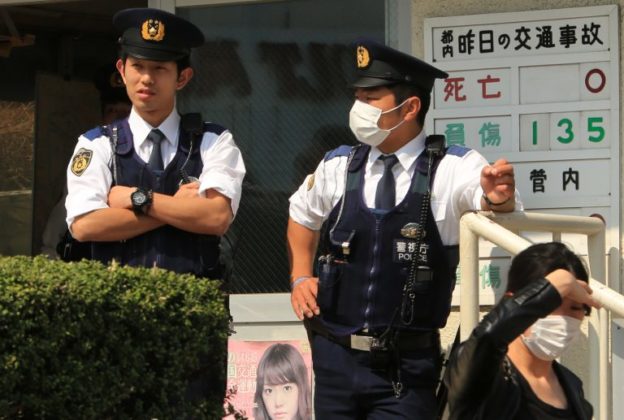


Previously, Japan has suffered similar attacks, the last and biggest of which was four years ago at the then world’s largest bitcoin exchange, Mt.

When pressed about the reasons behind this, Wada explained that there were technical difficulties and staff shortages that resulted in funds being stored online. I am very sorry.” He also revealed, according to Forbes, that the company may require financial assistance to cover its losses.įorbes further reported, based on comments by Chief operating officer Yusuke Otsuka that stolen funds were kept in a “hot wallet” - one connected to the internet. I deeply apologise for your inconvenience because of this incident. Many exchanges were allowed to continue operating while applying for the license.Ĭoincheck president Koichiro Wada apologized, “Some parts of our service were suspended today. The company was allowed to stay in business by Japanese authorities, as they had only started requiring licenses in 2017. being, according to their website, Japan’s largest bitcoin exchange based on trading volume, the company has not yet been issued a license.
Illicit nem transfer coincheck license#
reaffirmed the fact that it is currently working to restore service and obtain a license from Japanese authorities allowing it to operate as a cryptocurrency exchange. They feel that they should not be the ones to suffer the failure of the company to secure the accounts. Most customers feel that they should be compensated at the earlier, higher rate and in NEM rather than in yen. has been heavily criticized by many people, some of whom took to Twitter to air their concerns. Many customers banking with the company withdrew cryptocurrencies and yen after the hack.Ĭoincheck Inc. for NEM reflects the heavy withdrawal that the company suffered from after the news of the cyberattack became known. Moreover, the rate given by Coincheck Inc. did not reveal when they would give the money to those affected by the cyberattack, leaving the customers worried and frightened. They also revealed that some 260,000 customers hold NEM.Ĭoincheck Inc. The company revealed that it lost 523 million NEM after the cyberattack, translating to ¥46.3 billion ($426 million). assured customers and watchers that it will pay back those holding the cyrptocurrency NEM in Japanese yen at a rate of ¥88.549 per NEM. In a statement on its website, Coincheck Inc. revealed on January 27 that it will spend up to ¥46.3 billion ($426 million) to pay back customers. The company is currently investigating the matter and trying to track the account to where the funds were transferred.CAIRO – 30 January 2018: After being hacked and losing cryptocurrency worth $530 million on January 25, Japanese exchange Coincheck Inc. The hackers’ illicit move is said to have impacted around 260,000 users, but Coincheck assures them that it will reimburse all those affected. After the attack, the company froze almost all trading and withdrawals. The stolen 500 million NEM tokens were stored in the Internet-connected “hot storage” at Coincheck. Roughly eight hours after hacking into Coincheck's system, the hackers initiated the unauthorized transfer that was detected by the company later. The loss is expected to be worth approximately $400 million, although it is tricky to estimate the correct valuation due to the ever-changing rates of cryptocurrency.Īccording to a report by Bloomberg, Coincheck's co-founder, Yusuke Otsuka, stated that the hackers infiltrated their network on Jan. (CCM) - Tokyo-based cryptocurrency exchange, Coincheck, has confirmed that it has lost 500 million tokens of the NEM currency to hackers. One of Japan’s largest cryptocurrency exchanges, Coincheck, has suffered a breach, resulting in the loss of approximately $400 million.


 0 kommentar(er)
0 kommentar(er)
